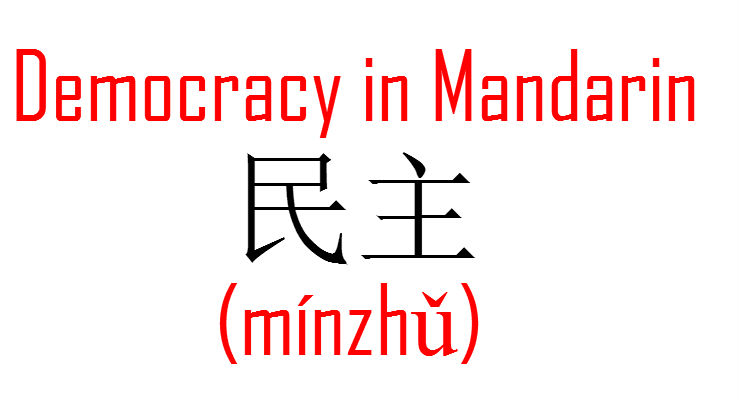
Writer attempts to define the essence of democratic leadership in the modern world
Democratic leadership across the world is battling multiple crisis / Democratic leadership
Edukalife – Definition of democratic leadership
Concept of democratic leadership
Also whatisdemocracy.net answers the question: What is a democratic leader?
The word democracy derives from the Greek DEMOS: people and KRATOS: Government or authority, means Government or authority of the people. The main objective is to guide the thinking of each of the followers, democratic leadership, group, people, to build a government.
There seems to be a great confusion what the word Democracy means. In spite of the fact that at least in some parts of the world one can hear it from the media every day.
Democracy by definition means the government by people. That means that all the people should be able to have their say in one way another in everything that affects their lives. Dictionaries usually say that this right can either be exercised directly (by every member of a community having the possibility to enter personally, without mediators, his position on a particular issue into the decision making process – modern technology is able to provide this possibility for increasingly larger and larger communities), or through representatives (members of legislative bodies). This second arrangement is then called Representative Democracy.
Representative democracy would be fine if the representatives would really make all their decisions only after consulting their constituencies. In the least, after having a clear idea about the views of their constituents on a particular issue, and trying to accommodate these views as best as possible (or postpone the decisions until an overwhelming majority of the constituents would be happy with them).
Unfortunately, a vast majority of countries that call themselves Representative Democracies are not true democracies according to the above definition. Most of them are actually just Elected Dictatorships. People can vote usually only once every four or five years. They do not vote on any issues. They just elect their so called representatives who then until the next elections have no obligations by law and little incentives to base their decisions on individual issues on the wishes on their electorate. They hardly ever bother to consult them on their stands on various issues. Therefore, legislative bodies composed of such “representatives” act in a very dictatorial manner between the elections. The only country that is quite close to the definition of Democracy is Switzerland (more or less since 1291).
Any governmental system is fine if the people subject to this system are happy with it. Perhaps, in most of the above described “Elected Dictatorships,” such a system of government is still the best one under the current circumstances.
What do you think? Are you happy with is? Isn’t it time to do better? It all should depend on you, the citizens – which system you prefer. Are you willing to give some of your free time to be interested in public matters, and to participate in decision making?
We would like to hear from the politicians of the so called “Representative Democracies” how in their view their activities satisfy the definition of Democracy.
We would like to discuss the interesting question of the Leadership. What is the role of leaders in a true Democracy?
We would like to contribute to the clarification of the meaning of the word Democracy.
You are invited to participate.
Miroslav Kolar,
August 17, 2005
Politicians should be your humble servants, not your all-powerful masters.
Leave a Reply